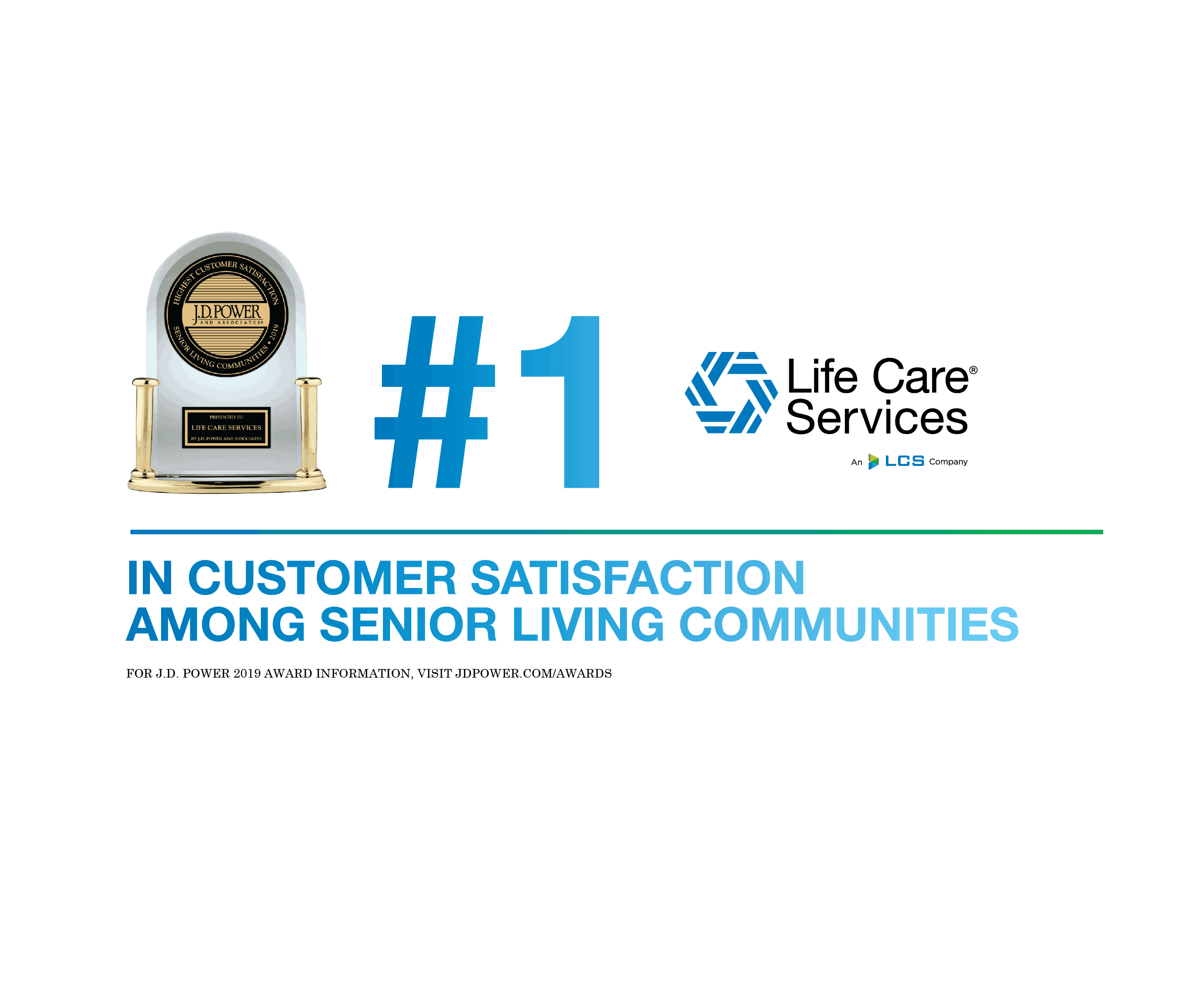Post-Hospital Care: Should I Choose Home Health or Short-Term Stays?

After a stay in the hospital, nothing sounds better than going home. You long for the reassuring familiarity of your own bed, comfortable surroundings and regular routine. Unfortunately, that’s not always the best next step for your long-term health. After being discharged from the hospital, it’s common for people to need short-term rehabilitation to recover the strength, stamina and function necessary to successfully return to independence.
Senior rehabilitation can take place at home through home health services, or on an inpatient basis in a short-term rehabilitation center. While you may naturally lean toward rehabilitation at home, there are some factors to consider to help you decide which is the best option for your recovery.
What Is Short-Term Rehab?
A hospital stay can take a toll on the body. Even if you’ve recovered from the illness, surgery, or injury that led to hospitalization, time spent in a hospital bed with restricted movement can diminish your strength and balance. Short-term rehabilitation is the process by which you regain function. The amount of short-term rehabilitation you need will depend on your unique circumstances, but a general guideline suggests one week of rehabilitation for every day spent in the hospital.
Typically short-term rehab involves a combination of therapies, including:
- Physical therapy. Regain physical function and reduce or manage pain through exercises, stretches, massage and other techniques.
- Occupational therapy. Recover the ability to perform basic daily skills, like buttoning your shirt or preparing a meal, so you can live as independently as possible.
- Speech therapy. Techniques such as language intervention activities, exercises, and compensation strategies can help you overcome issues with communication or swallowing.
Making the Right Choice for You
Your medical team and discharge planner may have recommendations regarding where you receive short-term rehab. Here are some additional considerations to keep in mind as you make your decision:
- Availability. You’ll want to research whether the specific services you need are offered by home health care providers in your area. Also consider any special equipment you’ll need. Some equipment may be impractical to bring into your home, making it more feasible to choose a rehabilitation center where the necessary services and equipment are available.
- Insurance requirements. Depending on your circumstances, your insurance provider may require that you choose inpatient short-term rehabilitation. This is primarily because research shows that patients who go to a skilled nursing center for rehabilitation have a lower readmission rate than those who choose to go directly home and receive home health care.
- Risk of complications. In a short-term rehab center, staff are available round the clock to monitor your overall health and the progress of your recovery. Any complications can be swiftly addressed, ensuring that you stay on track in your recovery process.
- Logistics. Coordinating home health care and transportation to outpatient appointments can be difficult and exhausting. At a short-term rehab center, an interdisciplinary team develops a care plan for you, and may schedule multiple therapy sessions in a day, which can help you recover more quickly.
- Daily activities. Depending on your condition, you may not be able to operate with complete independence immediately after your hospital stay. You may need help with activities of daily living — such as dressing and bathing — and you may need to rely on others for transportation and meals. In a short-term rehab center, staff members are available 24/7 to help with basic self-care tasks. The services you need are on-site and nourishing meals are provided.
- Safety. Depending on the layout, your home may not be a suitable setting for your recovery. Stairs can render it inaccessible. Narrow doorways can make it difficult to maneuver safely with a walker or wheelchair. A senior rehabilitation center, on the other hand, is designed to be accessible and obstacle- free, so you can recover as quickly and safely as possible.
Quality Senior Rehabilitation at Signature Pointe
If you’re looking for post-hospital care in a pleasant, positive environment where a personalized rehabilitation plan helps you recover — and return home — as quickly as possible, consider short-term rehabilitation at Signature Pointe. We’re a preferred partner of some of the largest health systems in Dallas and offer quality rehab services to our residents. Contact us to find out more about short-term rehabilitation at Signature Pointe.
You Are Invited to Experience Our Community!





